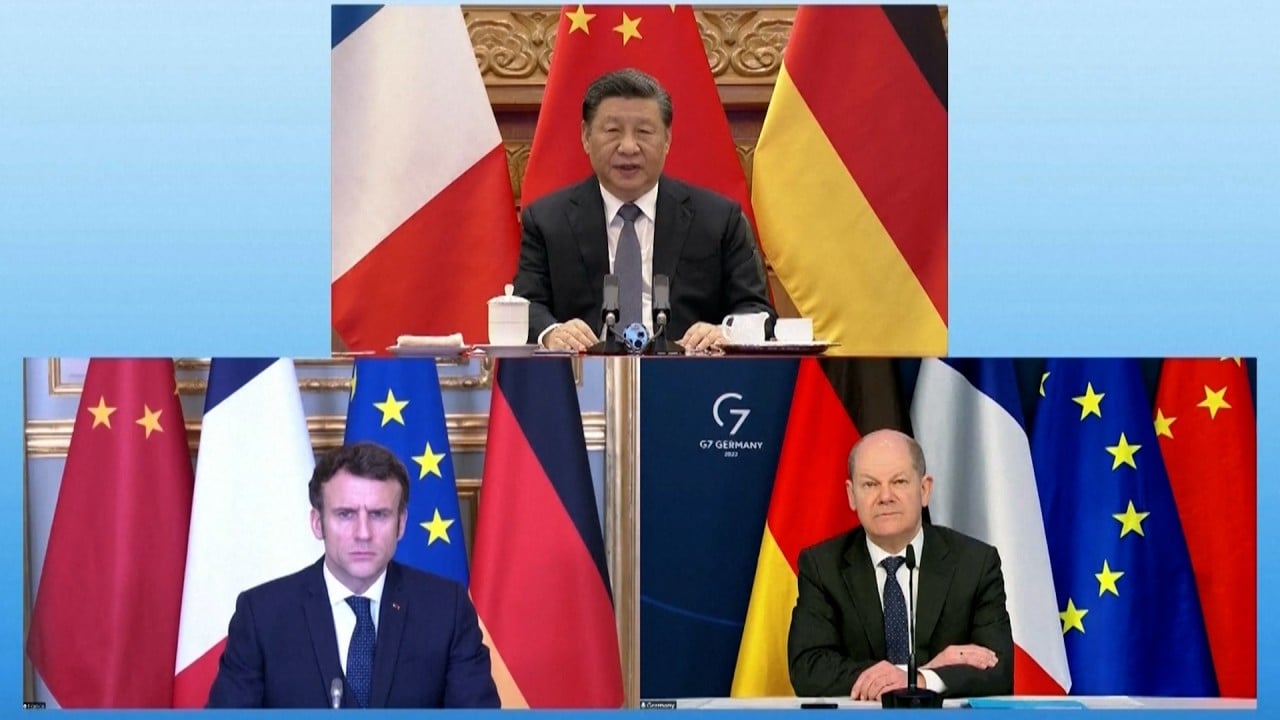Advertisement
Opinion | Eurasia in turmoil: how China’s passivity foments the chaos
- From Afghanistan to Kazakhstan and now Ukraine, the Eurasian heartland has fallen prey to three forces: authoritarian incompetence, Russian adventurism and Chinese passivity
- Beijing may be happy to sit out the chaos for now but it will ultimately spill over and create problems it cannot ignore
Reading Time:3 minutes
Why you can trust SCMP
99+

It has been a tumultuous six months for Eurasia. The Taliban takeover in Afghanistan last August was followed by widespread civil unrest in Kazakhstan at the turn of the year and now a Russian invasion of Ukraine.
While Russia has had a prominent role in each context, it is China’s perspective that people most frequently ask about. Yet Beijing has stayed broadly passive, highlighting the role that China sees for itself in the world.
China may be the new superpower on the international stage, but it appears to have little interest in committing itself to resolving any problems that emerge in its neighbourhood or beyond.
The attention on China can sometimes seem exaggerated. We look for Beijing’s view on everything nowadays, sometimes where it is unlikely to be relevant. Yet the truth is that Beijing is a significant actor in all three Eurasian contexts.
China remains the putative largest single external investor in Afghanistan, is Kazakhstan’s second-largest trading partner (and fastest-growing investor), and since 2019 has been Ukraine’s largest trading partner.
China has undertaken or signed contracts for large-scale investments in all three countries, is an important trading partner and (in Afghanistan and Kazakhstan) has a particular interest given the shared borders.

Advertisement

